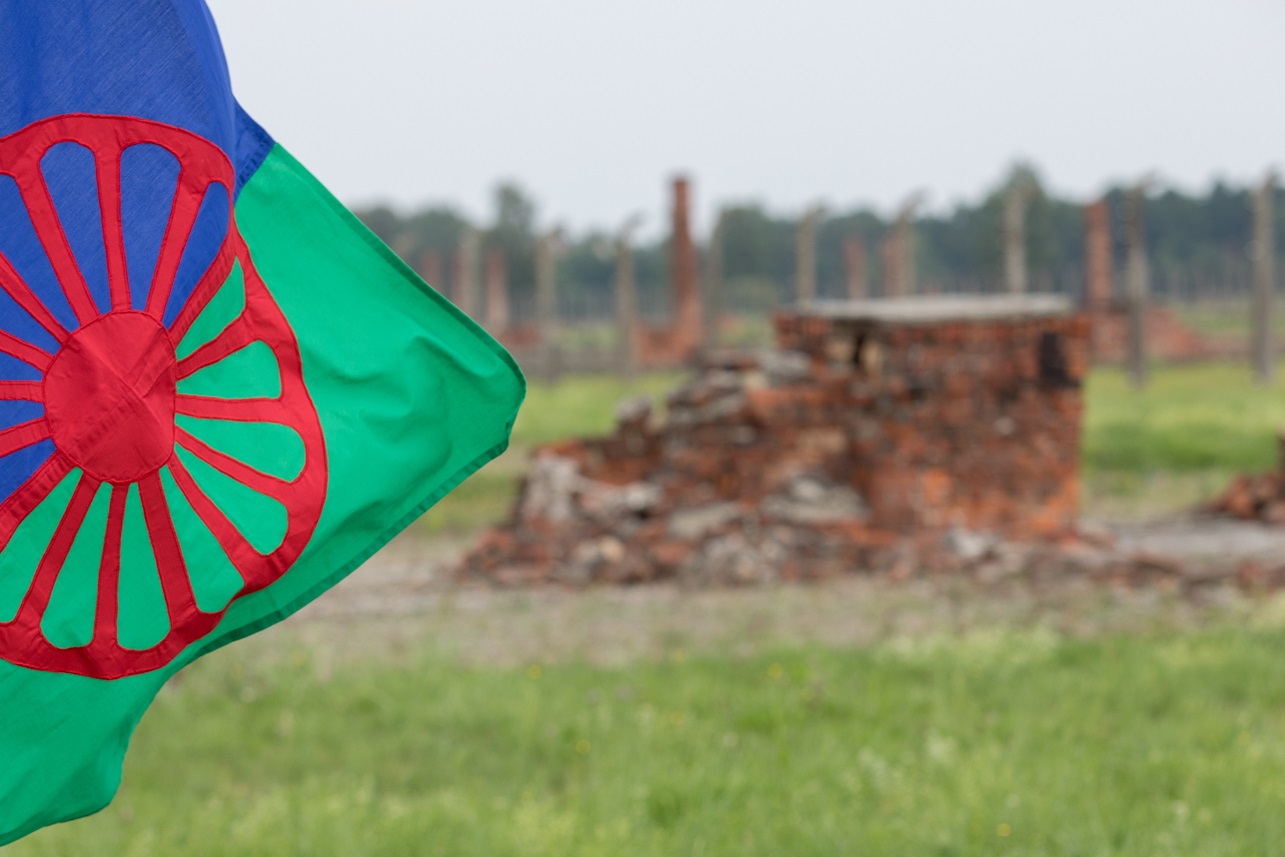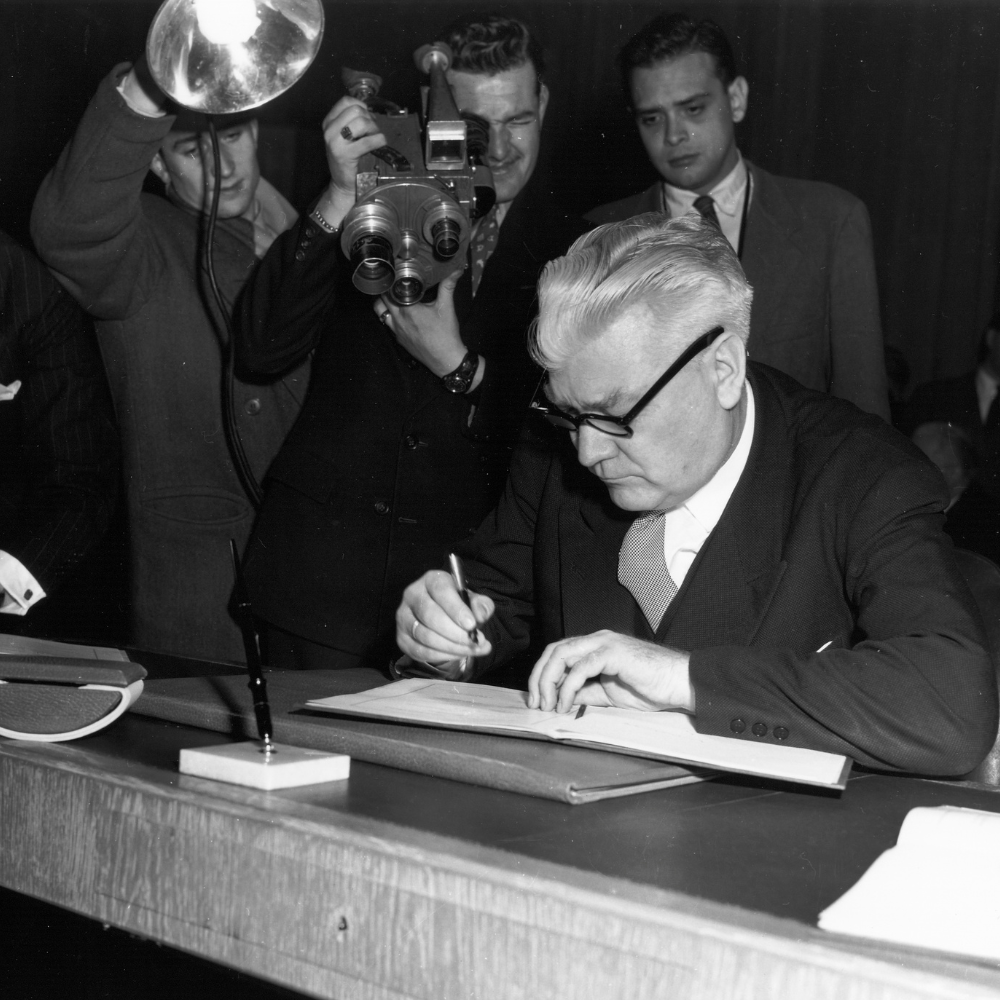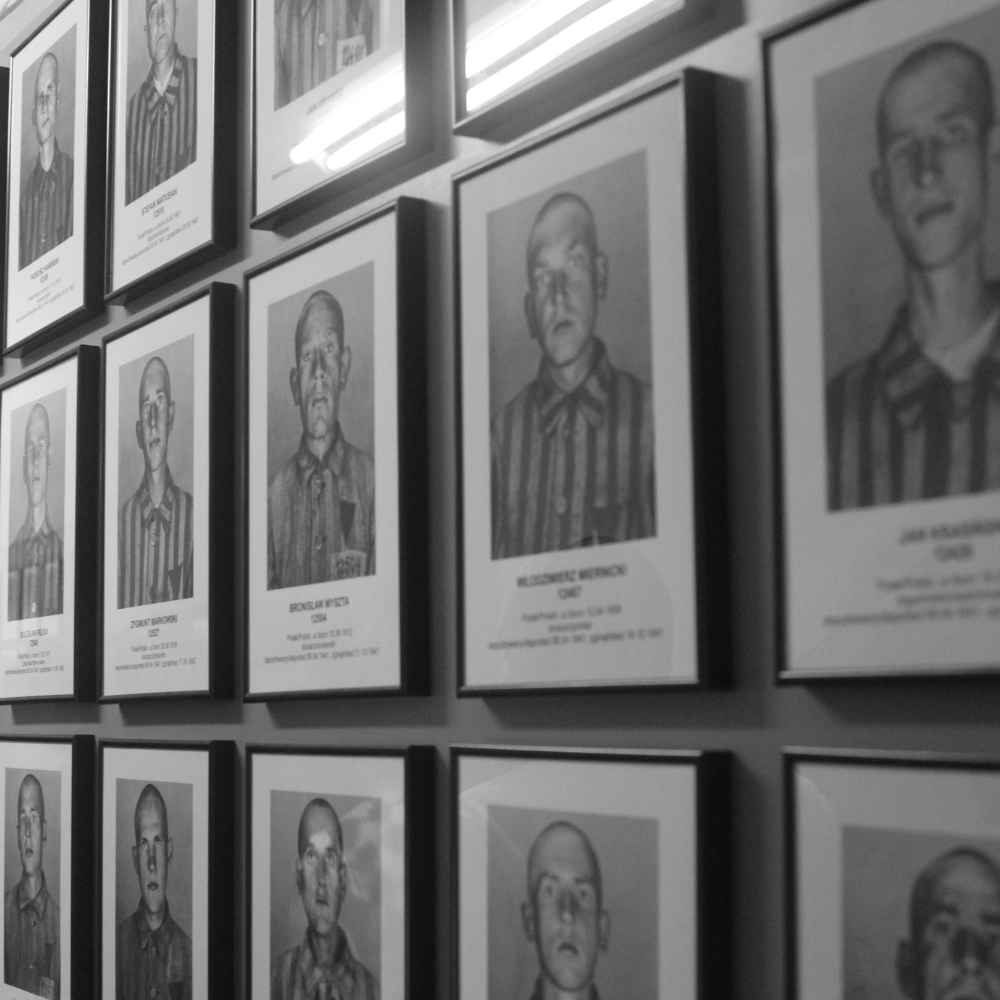The Council of Europe marks the 80th anniversary of the European Roma Holocaust Memorial Day, commemorating the tragic events of 2 August 1944, when the last Roma and Sinti in the Auschwitz-Birkenau concentration camp were murdered. This commemoration is a poignant reminder of the atrocities committed against Roma and Sinti in Nazi-occupied Europe, underlying the importance of remembering and learning from these historical events to uphold human rights and democracy.
Remembrance of and education about the Roma Holocaust are powerful tools for healing, growth, and empowerment. As Roma people across Europe share culture, values, and language, they also share a collective experience of historical trauma and oppression. To create a more just and equitable future for Roma youth, they have the right to learn about this history, including about the most challenging aspects of it”
stated the representative of the Council of Europe during the commemoration ceremony.
In line with this commemoration, the Steering Committee for Education (CDEDU) highlights in its statement the importance of teaching the history of Roma and Travellers in Europe. By incorporating their longstanding presence, contributions, and the challenges they faced into educational curricula, the Council of Europe aims to combat antigypsyism, discrimination, and prejudice. Various initiatives, such as the intergovernmental programme on history education and passing on remembrance of the Holocaust and preventing crimes against humanity, play a crucial role in promoting an inclusive and comprehensive understanding of history.
The CDEDU also supports ongoing efforts to develop and implement effective educational strategies. This includes the emphasis on social responsibility and responsiveness in the 2030 Council of Europe Education Strategy “Learners First”. It further welcomes the continuous work of the Steering Committee on Anti-Discrimination, Diversity, and Inclusion (CDADI) to support the effective implementation of Recommendation CM/Rec(2020)2 on the inclusion of the history of Roma and/or Travellers in school curricula and teaching materials.
These initiatives strive to ensure that the history of Roma and Travellers is accurately represented and taught, fostering a more equitable and just society.







